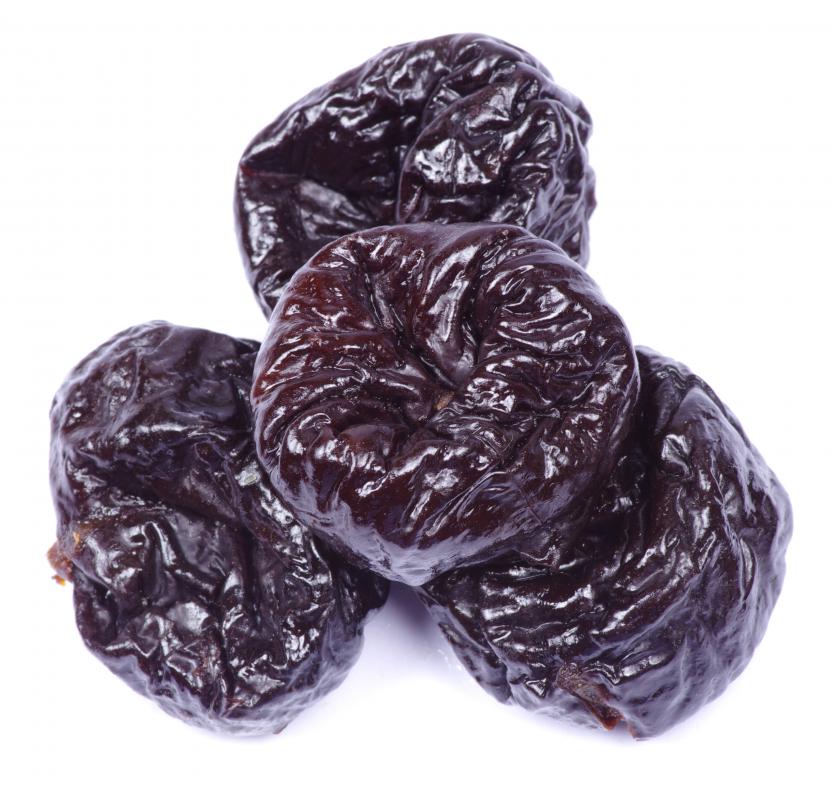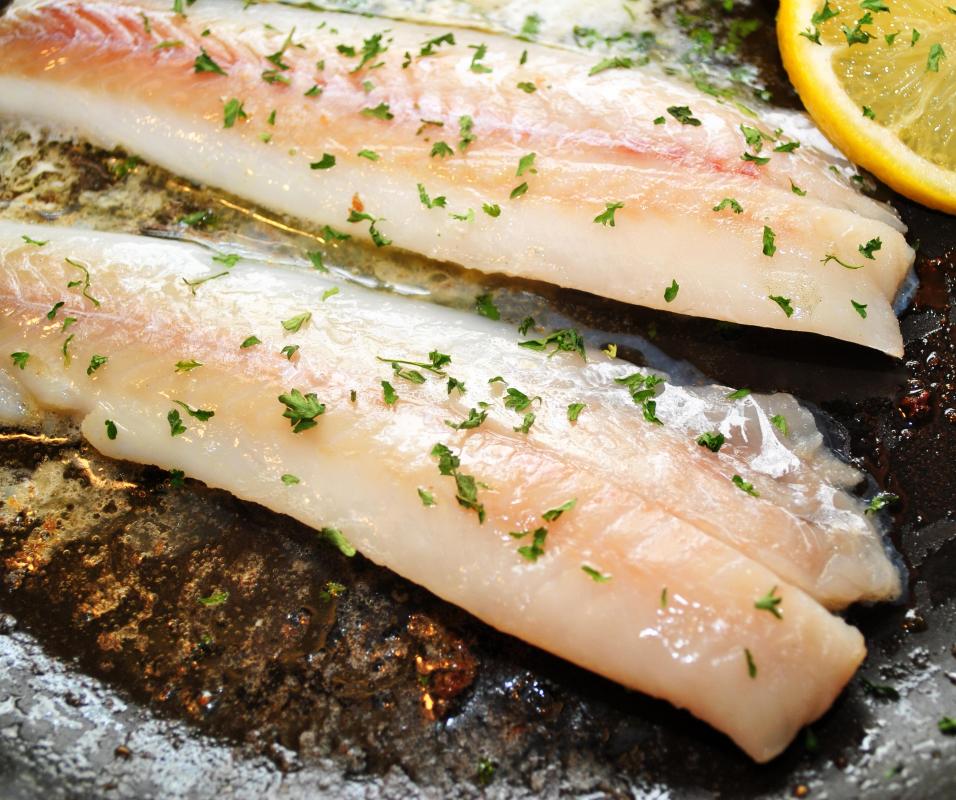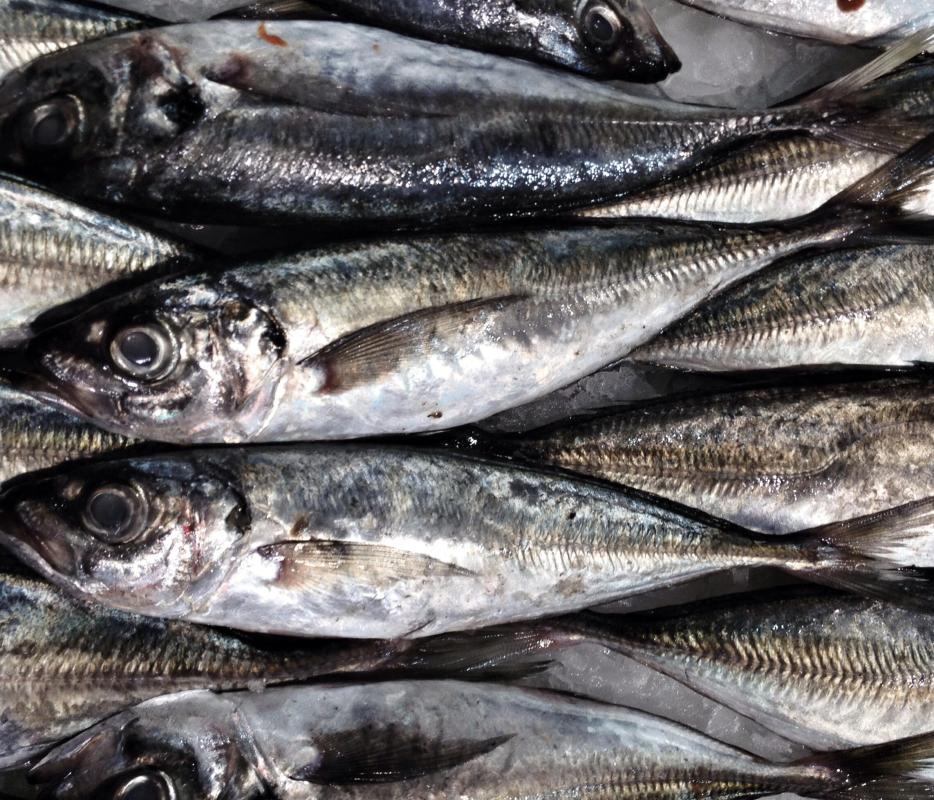At WiseGEEK, we're committed to delivering accurate, trustworthy information. Our expert-authored content is rigorously fact-checked and sourced from credible authorities. Discover how we uphold the highest standards in providing you with reliable knowledge.
What are Some Cholesterol Lowering Foods?
Cholesterol is a type of fat, or lipid, that is essential for life. Found naturally in the body, and in almost all the food we eat, cholesterol is the building block for vitamin D, hormones and cell walls. In addition, the body uses it to create bile salts to digest other fats.
Cholesterol combines with proteins, creating lipoproteins, to travel through the bloodstream. There are two type of cholesterol found in the body — low density lipoproteins (LDL) and high density lipoproteins (HDL). LDL, or “bad” cholesterol, can build up in artery walls, which may lead to artery blockages, a contributing factor in heart attacks and strokes. HDL, or “good” cholesterol, is processed by the liver and sent out of the body. HDL also helps prevent arteries from becoming clogged.

The good news is that you can lower “bad” cholesterol and raise “good” cholesterol by adding cholesterol lowering foods to your diet. Heart healthy foods include those that are high in soluble fiber, anti-oxidants, and omega-3 fatty acids. Sources of lean protein, like soy and dark leafy vegetables that are low in saturated fats are also recommended for cholesterol watchers.

Today, buying cholesterol lowering foods is easier now that packaging displays “no cholesterol” or “low cholesterol” labels. However, better than looking for low cholesterol signs is staying away from most packaged foods altogether. After all, fruits and vegetables are low in saturated fats, are non-processed and have no cholesterol.
To ensure that you are adding the different cholesterol lowering foods and nutrients to your diet, you should focus on a few main areas: soluble fiber, omega-3 fatty acids, polyunsaturated fatty acids, flavonoids, olive oil, and plant sterols.

Soluble Fiber. Studies show that soluble fiber reduces LDL, the “bad” cholesterol, in your intestines. Foods high in soluble fiber include oatmeal, oat bran, brown rice, pinto beans, peas, carrots, apples, pears, strawberries, plums, barley and prunes. A breakfast full of cholesterol lower foods, for example, might include a serving of cooked oatmeal with cut apples or strawberries. Substituting brown rice, instead of white rice, for lunch or dinner is also a good cholesterol-minded idea.

Omega 3 Fatty Acids. Research shows that eating omega-3 fatty acids lowers “bad” cholesterol. Omega-3 fatty acids help to reduce blood pressure and the risk of blood clots. Good sources of Omega-3 fatty acids include fatty fish like mackerel, lake trout, herring, sardines, albacore tuna and salmon. For non-fish eaters, omega-3 fatty acids can be found in canola oil or ground flaxseed, which is also a good source for fiber.

Polyunsaturated Fatty Acids. Polyunsaturated fatty acids, found in walnuts and almonds, help reduce blood cholesterol and keep blood vessels healthy. Just remember, all nuts are high in calories so only eat a handful a day. Other cholesterol lowering foods in this group are hemp seed, sunflower seeds, bananas, and whole grain wheat.
Flavonoids. Studies suggest that foods high in flavonoids help to lower cholesterol by helping to prevent abnormal blood clots. Flavonoids, also known as bioflavonoids, are the nutrients that give plants their pigments. Foods high in flavonoids include dark chocolate; dark fruits like berries, apples, and red and purple grapes; citrus fruits; dark vegetables like kale and broccoli; herbs like parsley and thyme; hot peppers; black, green and white tea; and soy.

Olive Oil. Extra-virgin olive oil contains a mix of antioxidants that can lower bad cholesterol but leave good cholesterol untouched. Sauteeing vegetables in extra-virgin olive oil, or adding it to marinades and dressings is an easy way to include good oil in your diet. Using olive oil as a butter substitute when basting meat, is another good, cholesterol-minded suggestion.

Plant Sterols or Stanols. Sterols or stanols help block the absorption of cholesterol and in this way are good cholesterol lowering foods. Margarines, orange juice and yogurt drinks fortified with plant sterols or stanols are all types of foods with plan sterols.
AS FEATURED ON:
AS FEATURED ON:
































Discuss this Article
Post your comments